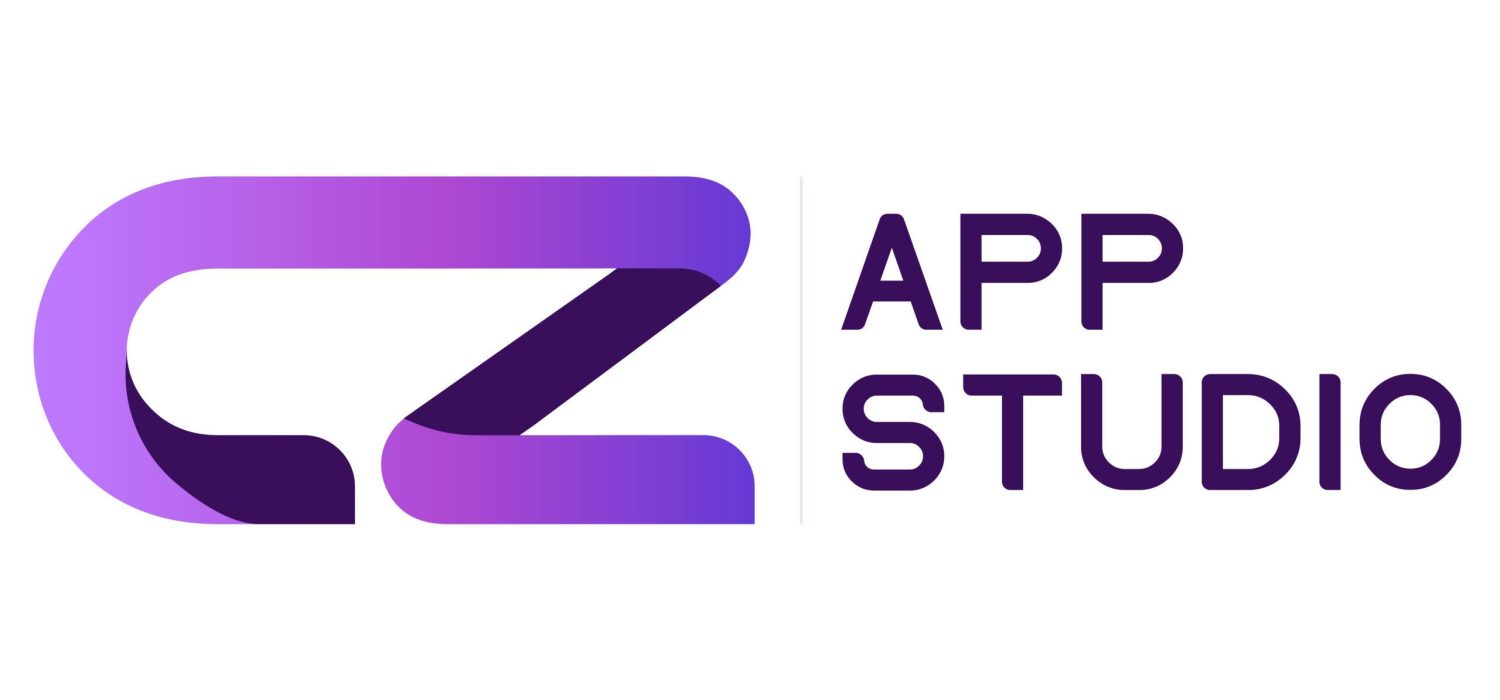Digital HR Transformation: Why Every Business Needs an HRMS Solution in 2025.
Introduction
In today’s fast-paced Business world, digitizing HR activities is crucial. Implementing a digital HR admin panel and mobile app ensures efficient employee management and tracking. This approach aligns with technological advancements, saves time, and enhances data scalability. Using AI for employee data analysis improves decision-making, boosts performance, and increases transparency and security.
Limitation of Conventional HR Management
Manual record keeping
Traditional HR relies on paper-based documentation and spreadsheets, leading to time-consuming and error-prone inaccuracies in employee records. Digital HR solution tools ensure accuracy and offer easy access to information, streamlining HR processes and enhancing overall efficiency.
Lack of Real-Time Insights
Conventional HR systems often lack real-time data, hindering timely decision-making. Delays in data processing can result in missed opportunities, affecting proactive decision-making and overall efficiency.
Scalability Issues
In the future, traditional HR methods will struggle to handle increasing data and workforce management needs. Manual processes will become inefficient and error-prone, causing operational bottlenecks. Digital HR solutions, however, are scalable and can adapt to organizational growth and supporting expanding HR functions without compromising efficiency.
Data Security Risks
Physical records and local databases are prone to security breaches, theft, damage, and loss. Protecting sensitive employee information is challenging with traditional HR practices, as fraudulent activities and unauthorized changes are easier. Digital HR solutions eliminate these risks with advanced encryption, secure access controls and reliable HR management system.
Uncoordinated Platforms
Uncoordinated platforms lead to unclarity, lack of transparency, and miscommunication in HR operations. This results in poor decision-making and an inability to achieve goals. Centralized HR platforms resolve these issues by ensuring accuracy and productivity
Lack flexibility
Conventional HR methods are inherently rigid and lack the adaptability required by modern platforms. Manual processes impede the ability to rapidly adjust to evolving workforce demands, causing organizations to struggle with aligning to dynamic business needs and employee expectations. This highlights the necessity for modern HR practices to remain competitive.
Benefits of digital hr transformation
Employee Self-Service
Digital HR platforms empower employees with self-service options for digital attendance, live tracking, chat systems, sales activity management, and approval requests. These tools provide real-time access to information, streamlining HR processes and enhancing overall efficiency. This self-sufficiency reduces administrative burdens on HR staff and boosts employee satisfaction.
Improve workforce management
Advanced digital tools enhance workforce management by providing comprehensive visibility into employee performance, attendance, and productivity. This real-time information improves workforce management and enables the implementation of effective talent management strategies. By leveraging these tools, organizations can optimize workforce allocation, address performance issues promptly, and foster a culture of continuous improvement.
Enhanced efficiency and productivity
Real-time access to accurate data ensures that decisions are based on the latest information, leading to more effective talent management and workforce planning. This reduces bottlenecks and frustrations associated with outdated processes.
Strategic decision-making
Digital HR platforms offer powerful analytics and reporting, turning raw data into actionable insights. This enables data-driven decision-making, allowing HR leaders to identify trends, predict workforce needs, and make informed choices. Modern digital tools play a pivotal role in this transformation by automating routine tasks, providing real-time data, and enabling better decision-making.
AI-Driven Insights
Integrating artificial intelligence in HR systems provides advanced capabilities for comparison, analysis, and decision-making. AI-driven insights assist HR professionals in saving time, planning workforce needs, identifying high-potential employees, and customizing engagement strategies to enhance retention and satisfaction.
Enhanced Collaboration
Digital tools facilitate better communication and collaboration among employees and HR teams, with centralized features like client visits, individual and group chat, and more. By leveraging these digital capabilities, HR teams can more effectively manage both office and field employee work environments.
Summary
To conclude, modern digital HR platforms are revolutionizing traditional HR practices by offering robust tools that streamline processes, enhance efficiency, and boost employee satisfaction. By leveraging features such as real-time data access, self-service portals, and AI-driven insights, organizations can make informed decisions, effectively manage their workforce, and stay competitive in today’s dynamic business environment. The transition to digital HR not only alleviates administrative burdens but also cultivates a more engaged and productive workforce.
Ready to transform your HR processes and go digital? 👉 Get started here.




[…] tracking tools integrate a wide range of workforce management functions including digital HR solutions, task assignment, monitoring, reporting, attendance, GPS tracking, client interactions, and sales. […]
[…] order-tracking system and mitigate potential risks. Additionally, having a well-structured internal system will significantly boost efficiency in your work […]